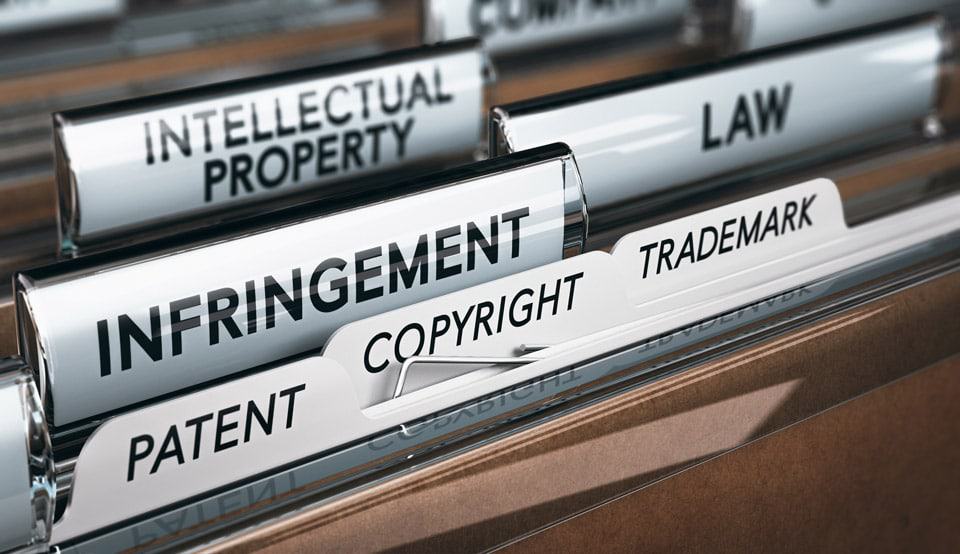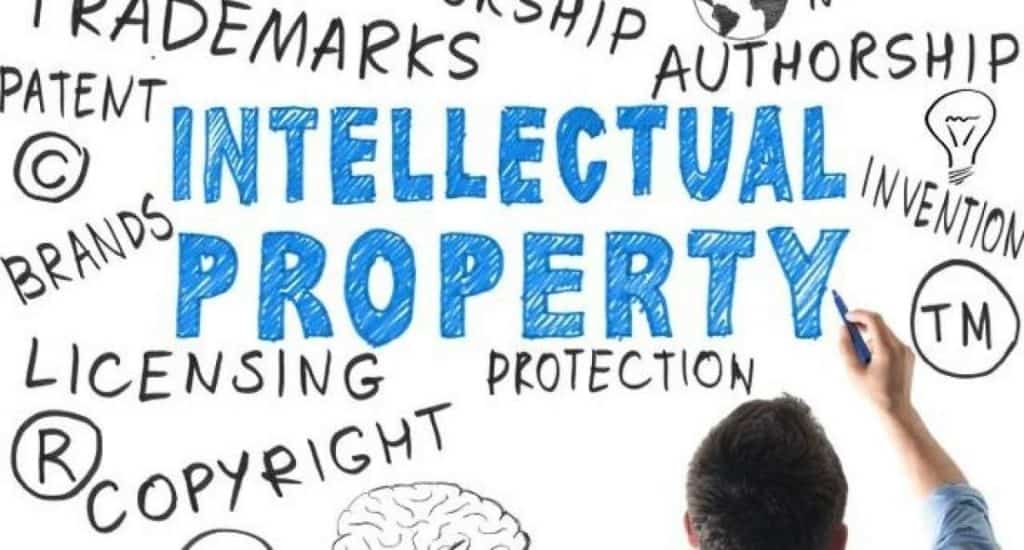What is intellectual property? The term is a very broad one, but in a general sense, it is the author’s personal right to the result of his own intellectual activity: a combination of words, ideas, schemes, algorithms, structures, decisions, naming, and so on.
It is possible to consolidate intellectual property at the legislative level so that subsequent use of invented or developed will be possible only with the permission of the authors themselves – this is called copyright. Let’s learn about domain name registration and copyright infringement.
In the web world, intellectual property rights have become more relevant than in everyday life: if you suppress the creation of various products that violate copyright is still somehow possible, then it’s very difficult to control the Internet space: plagiarism of various kinds takes place, creation of similar ideas, the use of sounds and melodies written by someone else, and the borrowing of existing solutions – in any field, including domain names.
When registering a domain name, if it does not violate the existing copyright of any company or individual, the registered domain becomes an object of copyright, legally similar in law to a trademark (TM).
The difference is that TM is registered in a certain country and acts on a certain group of goods, products, or services, and the domain works all over the world, since the website located by the link may include information about the company or individual and not just data about certain products.
The Difference Between Domain Registration & Copyright
What is the difference between domain registration & copyright? Can I copyright my domain name? What does copyright protect? Let’s start with understanding what copyright is. If you or your company have created a copyrighted work, other entities need your permission to use it. But, copyright covers the form of work be it in a form of hard copy or electronic (videos, music, computer software and etc) but not cover the title for books, movies, or domain names if you haven’t registered it yet.
So, you must register your domain name in order to be protected from a copyright perspective. Only by doing this, you will be able to obtain and protect domain names that you want to legally protect.

Domain Name As an Intellectual Property
Is a domain name subject to copyright law? A domain is a display of an individual or company to whom the name belongs. Creating a correct, concise, and successful domain can require a lot of imagination: to make a short, readable, memorable and at the same time reflect the essence of the name of the site. It is very important to create a name that will individualize the field of activity, represent the brand, and select it from the list of resources in a similar direction.
To prove your copyright ownership, and obtain and protect domain names, the domain name must meet the following points:
- The domain name must be registered in the name of a real person who can confirm this with documents.
- The combination of words and/or numbers in the domain is unique.
- The owner has a corresponding agreement on the right to the address, as well as the possibility to confirm this if such a need arises.
- No one other than the sole owner has transferred the right to use the domain.
- The registered domain has a market value paid by the owner and has the appropriate checks/receipts for this.
The contract between the domain registrar and the company registering the domain can be further used by the owner to protect his rights.
Now, it’s important to say that the domain name is your property for a paid period. As you know, each domain name has a registration period of 1 year or more, some domains can be registered for 10 years (like the unique .inc domains). If after the expiration of the registration period the domain is not renewed, it will go into the Redemption Period status (recovery period), and after that – into free access. Without renewing the domain, you will lose all rights to it, both intellectual and legal, and the name will be available to anyone.
Knowing your rights, you can easily protect your domain name and your right to it, if necessary. The main thing is to register domains with trusted registrar service providers so that from a legal point of view, you can always get the necessary documents from your registrar confirming the ownership of the domain.
Protecting the Intellectual Rights of a Domain Name
Now, we need to remember that only 1% of website owners register a domain name as a trademark. This number leads to numerous violations, in particular, the illegal copying of domains with a slight change in name.
Often, site owners are faced with copying and other violations, they can’t even make a complaint to the fraudster.
In a situation where an extremely small number of site and domain name owners register their verbal designation as a trademark, it becomes possible to illegally copy domains and other violations of the rights of their owners.
However, even if the domain name has not been separately registered as a trademark, the company will still be able to protect its rights. To date, there has already been some jurisprudence regarding the protection of the rights to a domain name (or a company name), therefore it is realistic to defend your right to personalization tools and prohibit their use in domain names in court.
It is important to consider a number of points that the court will pay attention to when making a decision:
- Identity of the domain name and means of individualization (company name, commercial designation, trademark, that is, everything that defines a company in the market). They do not have to coincide completely, as a rule, a linguistic examination is carried out, on the basis of which a decision is made on graphic and phonetic similarities.
- The types of activities of the domain owner and holder of exclusive rights to the means of individualization. If the site is used to advertise goods or services similar to those sold by the exclusive rights holder, this will be an important argument for prohibiting the use of a domain name.
- What was previously registered – a domain name or a trademark (a legal entity with the corresponding company name)? The issue with a commercial designation is somewhat more difficult to prove in court, which is due to the peculiarities of its legal nature.
- Does the domain owner have legal rights to use such a name (for example, a company with the same name)?
- In general, we recommend separating domain registrar from the hosting.
What to Do If a Domain Is Purchased That Matches a Trademark?
First of all, it should be noted that the domain name is not bought from an accredited registrar (this is a common misconception), the domain name is registered by the user with the registrar, provided that the word used as the domain name and coined by the user is not yet registered in the domain registry.
Placement of a trademark on the Internet is officially recognized as a way to use it. The fact of registration of a domain name similar to a trademark and registered for homogeneous goods and services is most often recognized as a violation of exclusive rights.
According to statistics, in legal disputes, priority is given to copyright holders – more than 80% of domain disputes are resolved in their favor. However, 20% of the disputes are still resolved in favor of domain administrators. For an interesting case, you can read about Uzi Nissan, the man who fought Nissan Motors for years, over a domain name, and won.
In accordance with the rules for registering domain names, the user (domain administrator) is solely responsible for choosing a domain name and for possible violations of the rights of third parties related to the selection and registration of a domain name, and also bears the risk of losses associated with such violations.
There are resources over the web, that allow the person who wants to register the domain to verify that there are no matches with protected trademarks before registering a domain name. So that’s what can help you to avoid trademark infringement when you choose a domain name.

- 10GbVPS Review – Review Their VPS Hosting Services (2024) - June 1, 2024
- BlueServers Review – Unbiased Look at Their Dedicated Hosting Services (2024) - June 1, 2024
- 10 Best Programming Languages For Web Development - February 27, 2024

